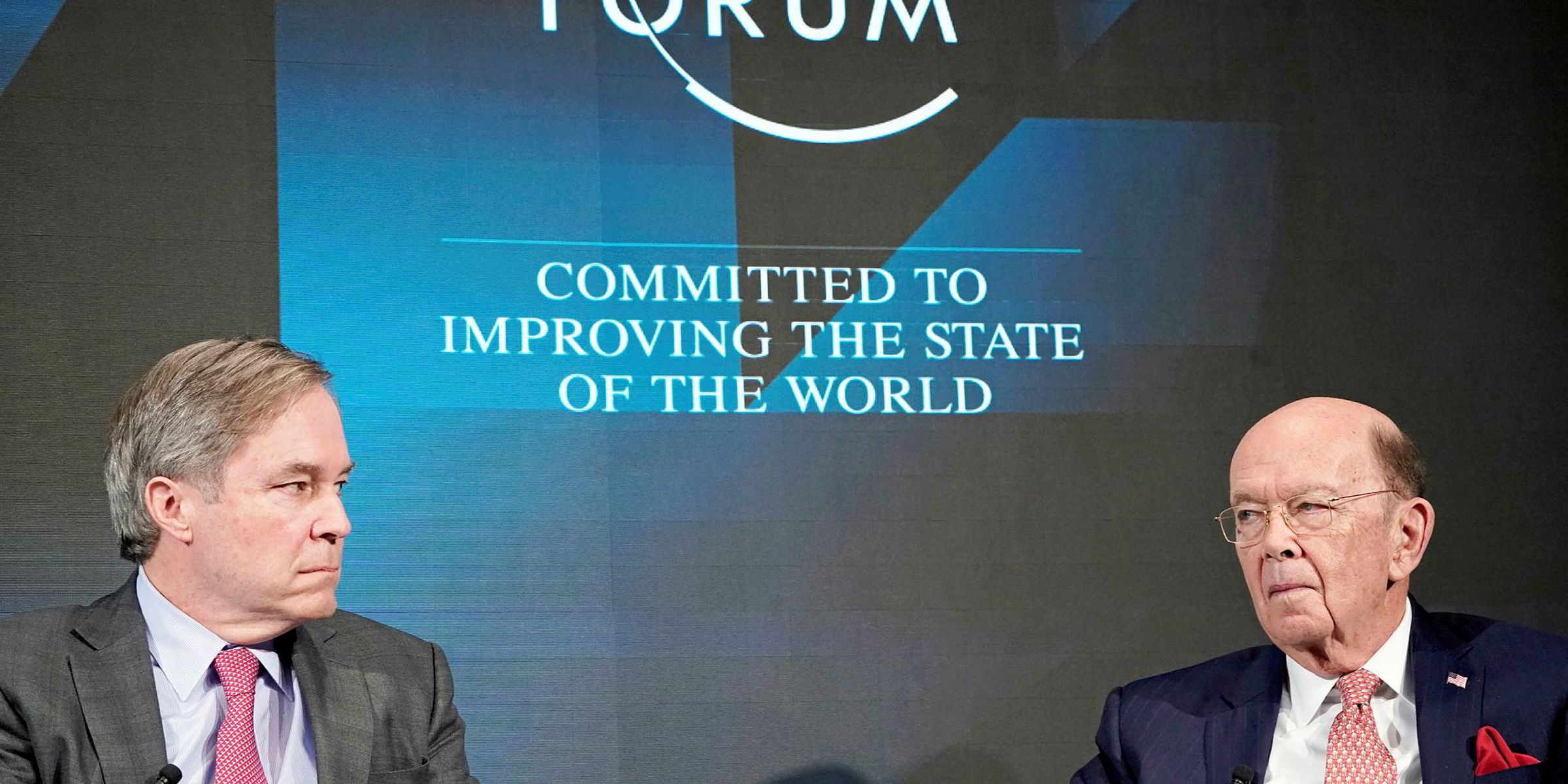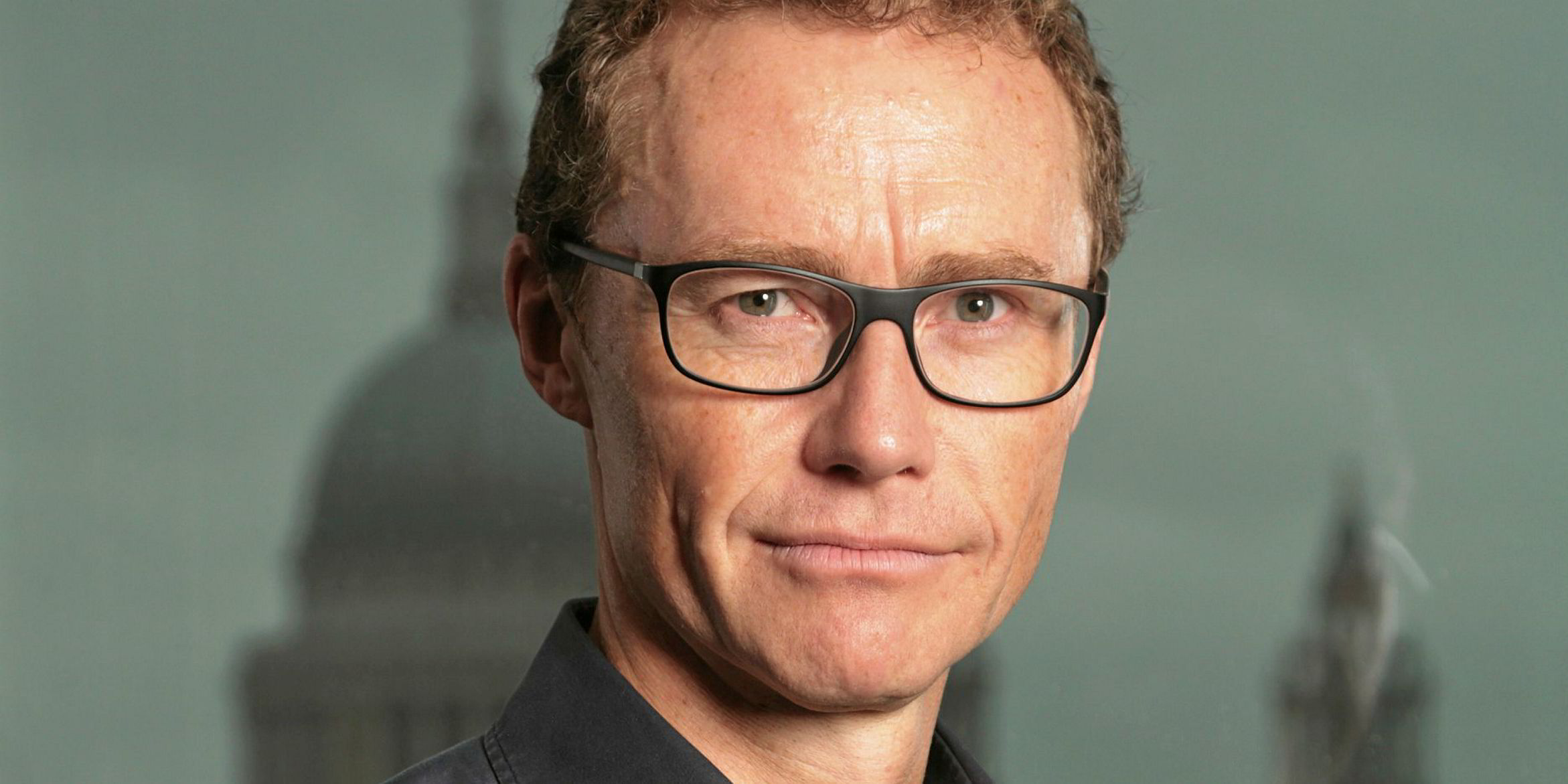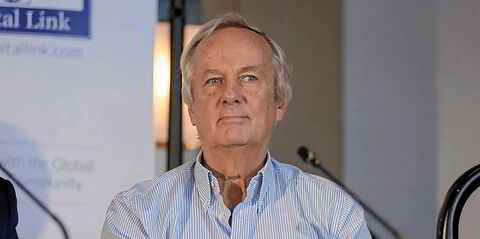A slew of fresh commitments announced by Cargill this week to address the sustainability and accountability of its shipping operations raises as many questions as answers. Not only did the world’s largest agricultural trading house sign partnership agreements with four maritime non-governmental organisations (NGOs), it restated its commitment to supporting the United Nations' Sustainable Development Goals.
But what does this mean in reality when a corporate behemoth on the scale of Cargill makes a public commitment to participate constructively in the debate about sustainable industrial development?
And how big a challenge does it throw down to its commercial partners in shipping — tonnage providers, shipmanagers, financiers and shipbrokers — to make similarly strong commitments?
Ultimately, the question is about whether such commitments will drive real change. Or is it largely hollow ‘greenwash’ to assuage corporate guilt?
After all, Cargill has faced harsh criticism for some of its activities over the years, from palm oil plantations in South East Asia and deforestation in the Amazon to alleged labour abuses.
Cargill certainly deserves some credit for showing commitment to engage with NGOs in the maritime sector. It has been a leading supporter of the Sailors’ Society charity for many years and, more recently, it has worked with the Sustainable Shipping Initiative to examine how to reduce the environmental impact of the industry.
Cargill certainly deserves some credit for showing commitment to engage with NGOs in the maritime sector
It even experimented using wind technology with SkySails. But the results of that project never saw the light of day and Cargill’s weblink to the subject is now defunct.
But now, the ocean transport arm of the privately held US group, has signed partnership agreements with four other NGOs.
It joined the Maritime Anti-Corruption Network, partnered with the Geneva and Singapore chapters of the Women’s International Shipping and Trading Association, and became a partner of the North American Marine Environment Protection Association.
All of those organisations work to improve industry performance in their respective areas.
Cargill has also become an official partner of the Global Maritime Forum, dubbed shipping’s own mini-Davos summit, with an agenda to deliver sustainable change.
Announcing the initiatives, Jan Dieleman, Cargill’s ocean transport president, spoke about the need to be bold in taking on these challenges, while ensuring the business remained cost-effective.
Merely the scale of Cargill’s operations demands that whatever it does requires attention. With net earnings of $2.8bn on $110bn revenues in 2017, the trading house says it charters more than 650 ships each year to carry its cargoes to market.

Perhaps the scepticism that some in shipping express towards action on environmental, social and governance issues reflects a failure to understand the changing agenda in the broader corporate world.
Significance of these issues was highlighted earlier this month when BlackRock chief executive Larry Fink cautioned that companies must both deliver financial performance and make a difference to society if they were to retain the support of the asset management giant.
In a letter to companies in which BlackRock invests $6.3trn, he said: “To prosper over time, every company must not only deliver financial performance but also show how it makes a positive contribution to society.
“Companies must benefit all their stakeholders, including shareholders, employees, customers and the communities in which they operate.”
Corporate social responsibility has come a long way in a few years. No longer is it enough to go trekking up a remote mountain with a few colleagues and asking the company treasurer to sign off a cheque for a few thousand dollars in sponsorship to a charity or good cause.
Today, alongside charitable giving, companies need to be addressing issues of sustainability and environmental and social protection as a core part of their business strategy.
The test for Cargill and others in this business will be whether they can make the long-term commitment, which is the only solution to embedding genuinely sustainable change.



